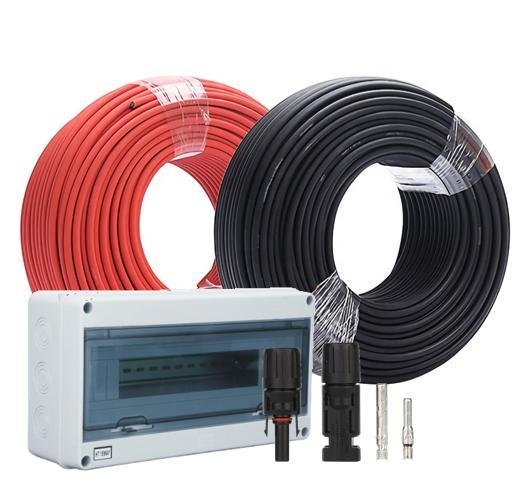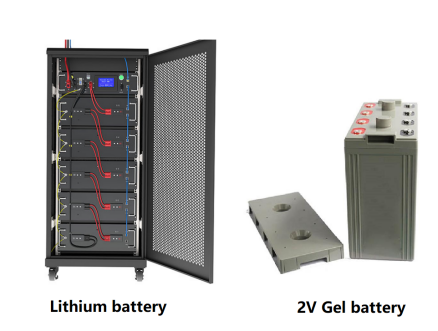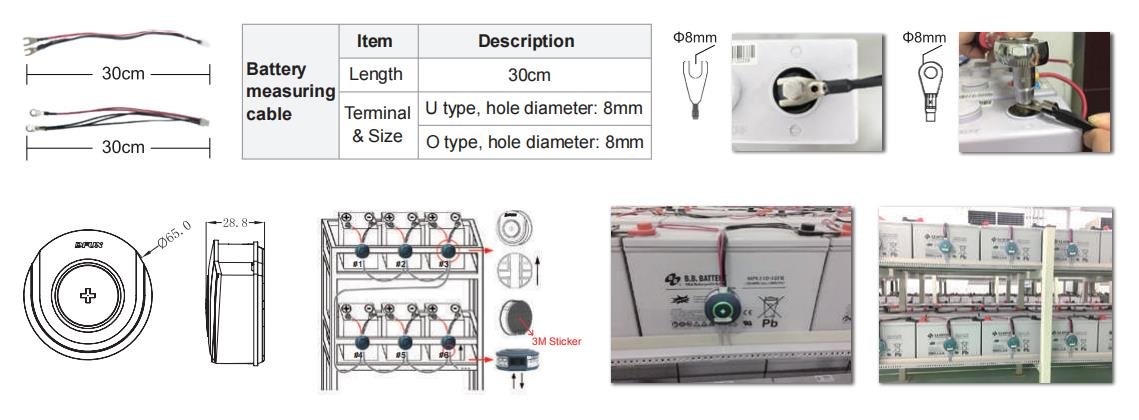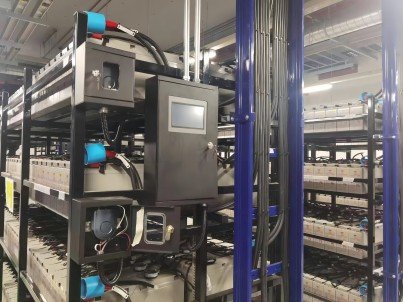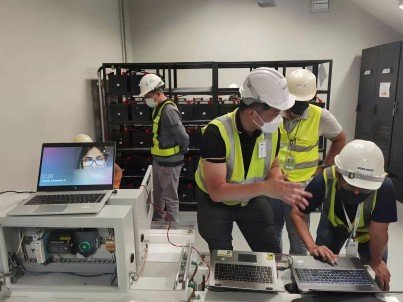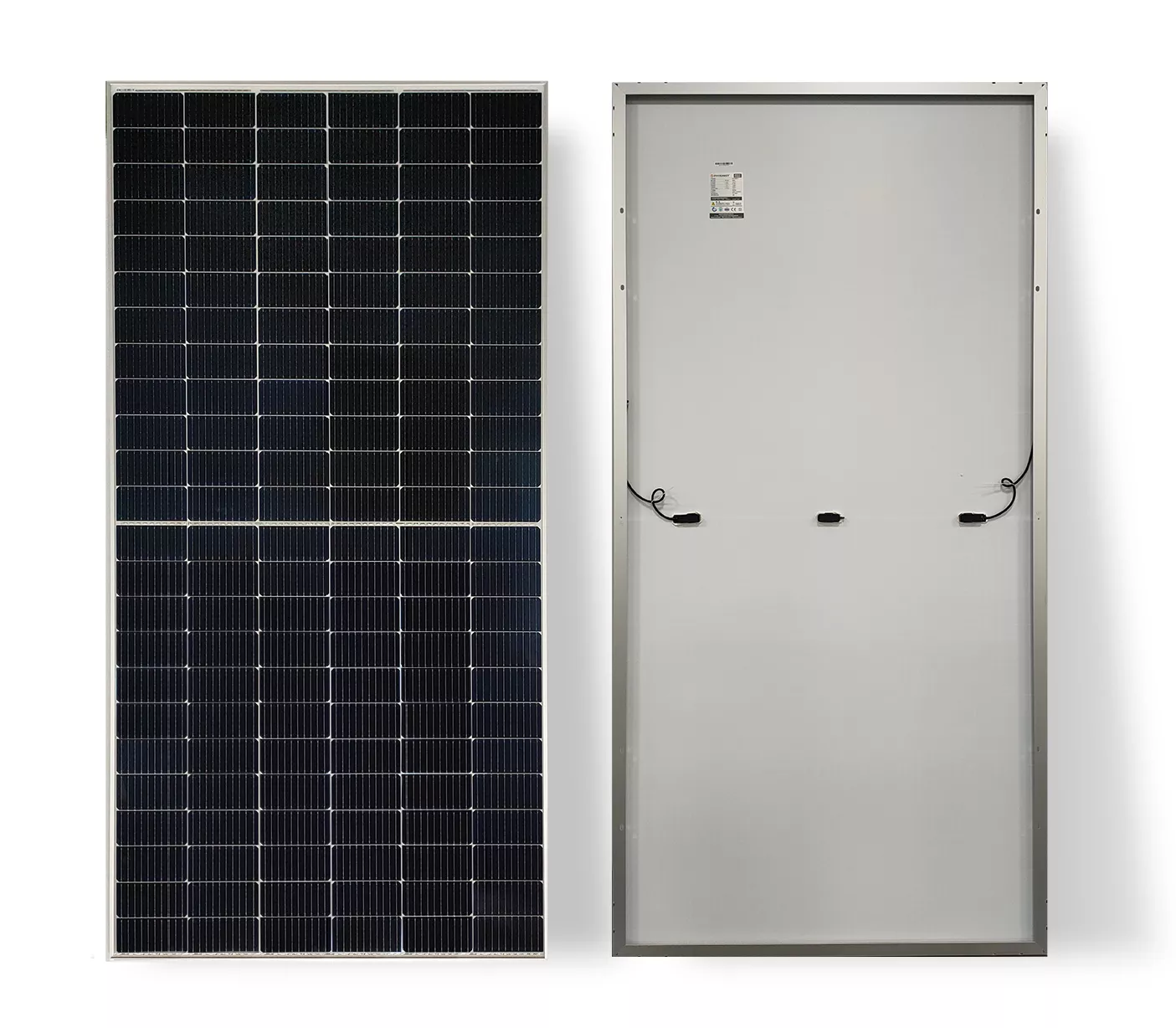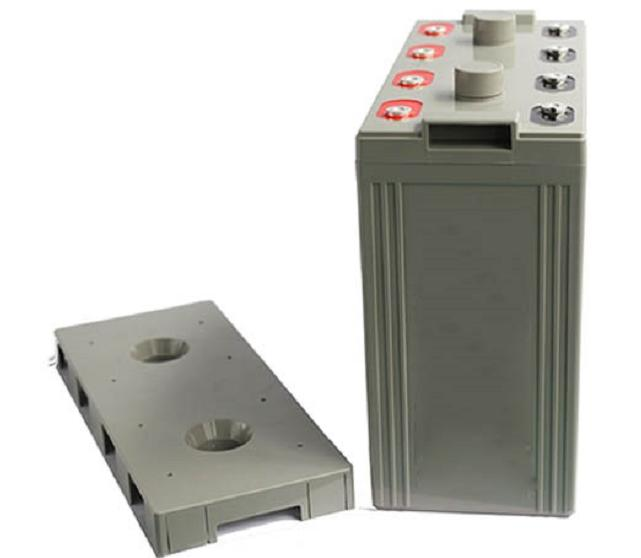How Much Energy Does a 150 kW System Produce?
A 150 kW solar system can produce an average of 180,000 to 225,000 kWh (kilowatt hours) of electricity per year, depending on a variety of factors such as location, weather conditions, and panel efficiency.
The amount of energy produced by a solar system is affected by the amount of sunlight it receives, and this can vary based on geographic location and time of year.
The efficiency of the solar panels also plays a role in the amount of energy produced. Higher efficiency panels can convert more sunlight into electricity, resulting in more energy production for the same amount of sunlight.
Can a 150 kW System Power a Village?
The answer to whether a 150 kW solar system can power a village depends on the size of the village, the energy needs of the community, and the availability of other sources of power.
A 150 kW solar system has the capacity to generate a significant amount of electricity, enough to power several commercial or industrial facilities. However, if the village has a large population or high energy demands, a single 150 kW solar system may not be sufficient to meet all their electricity needs.
In addition, the availability of other sources of power can also impact the feasibility of using a 150 kW solar system to power a village. If the village has access to grid electricity or other reliable sources of power, a solar system may be used to supplement the existing power supply rather than provide all the electricity needs.
That being said, a 150 kW solar system can certainly be a viable option for powering smaller villages or communities with lower energy needs.
What factors will affect the power production?
Location
The amount of sunlight a solar panel system receives will depend on its location and the local weather patterns. Areas with more sun exposure will generally produce more power than those with less.
Tilt angle and orientatio
The angle and orientation of the solar panels can also impact their power output. Panels that are tilted to face the sun more directly will produce more power than those that are flat or tilted at an angle.
Efficiency of solar panels
Efficiency of solar panels: The efficiency of solar panels varies depending on the type and quality of the panels used. More efficient panels will produce more power than less efficient ones.
Temperature
Solar panels are less efficient at higher temperatures, so very hot climates can reduce their power output.
Shading
Even partial shading of a solar panel can significantly reduce its power output. Trees, buildings, and other obstacles can cast shadows on the panels, so it's important to choose a location for the solar panel system that is free from shading.
Maintenance
Regular maintenance of the solar panel system, including cleaning the panels and replacing any damaged components, can help ensure that the system is operating at its full potential and producing maximum power.





